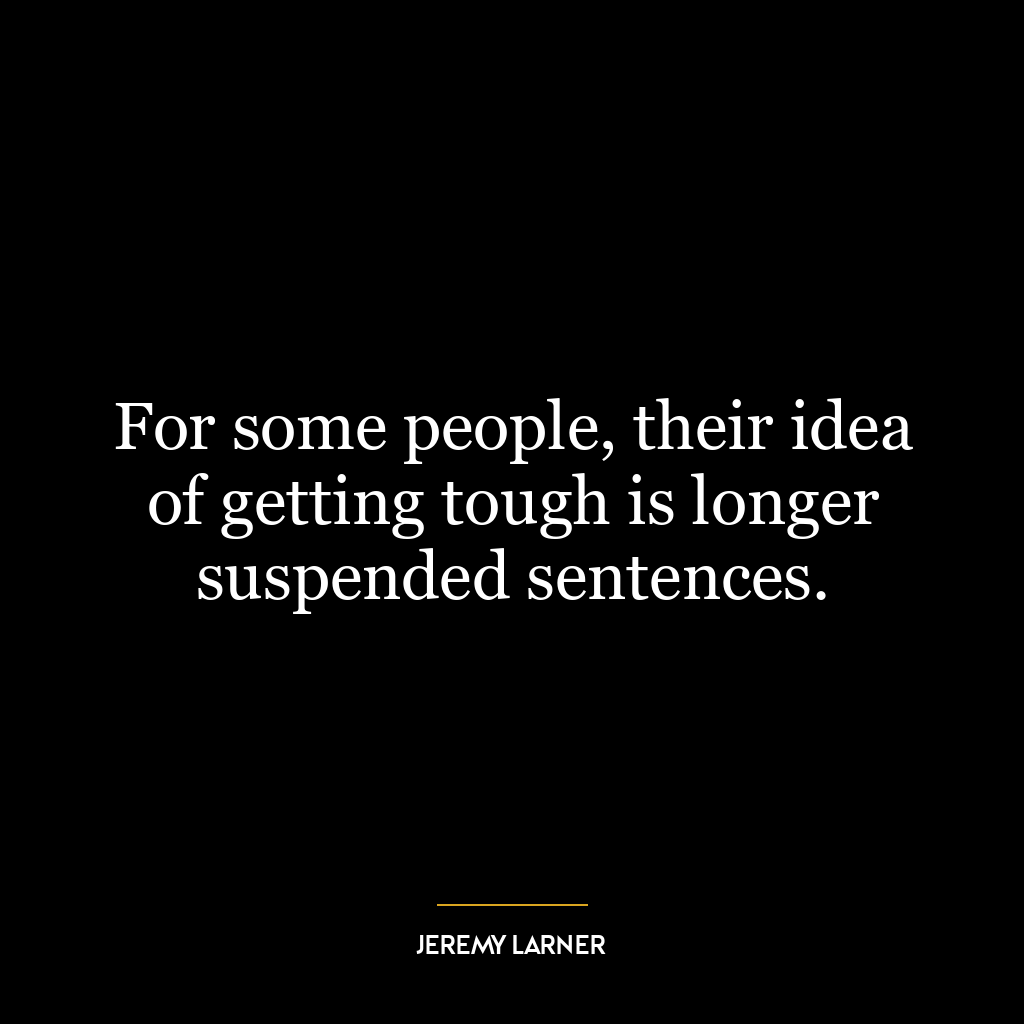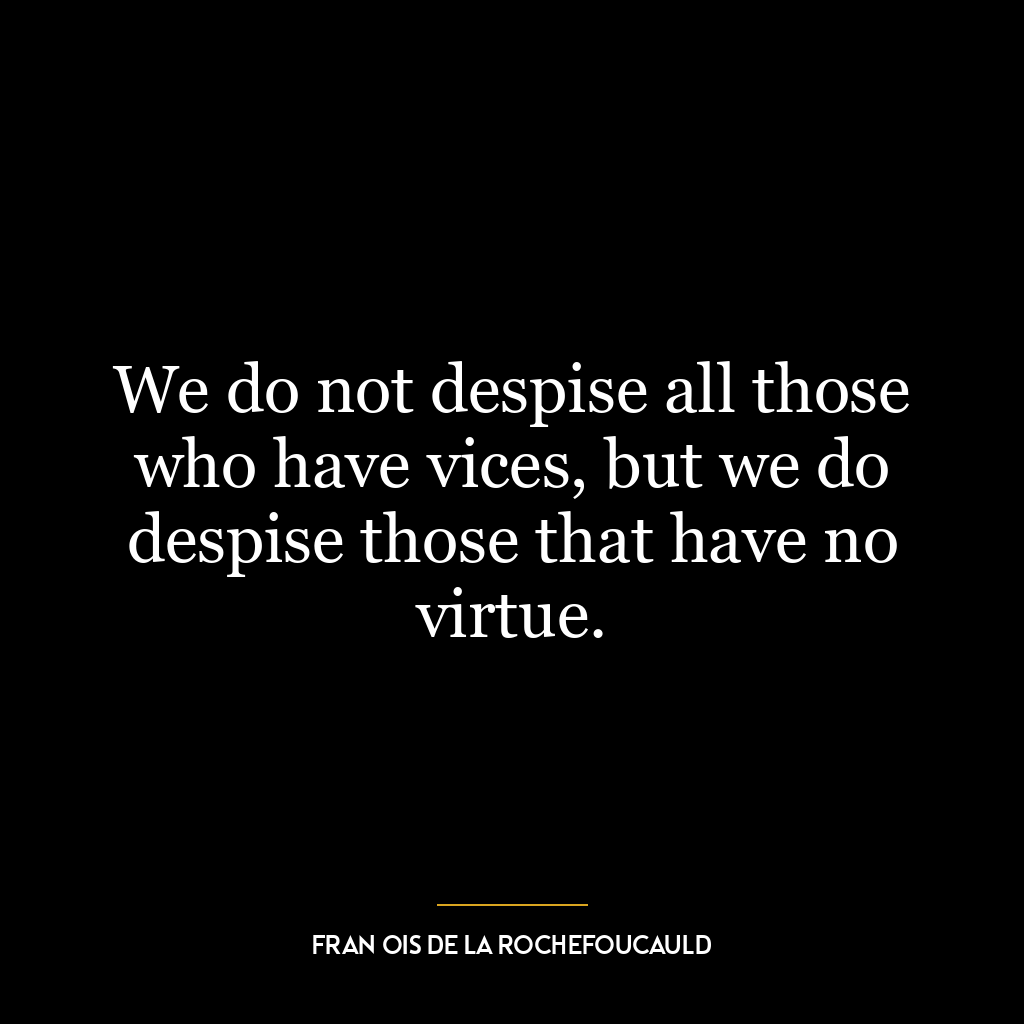He who regulates everything by laws, is more likely to arouse vices than reform them.
This quote suggests that when everything in life is regulated by laws, it may inadvertently lead to the creation of more vices rather than reforming them. It implies that laws, while intended to maintain order and morality, can sometimes have the opposite effect, provoking people to act out in rebellion or find loopholes to exploit. This is because laws can often be seen as constraints or restrictions on freedom, which can lead to resentment or rebellion.
The quote also points to the idea that change and reform cannot be enforced from the outside through laws; it must come from within the individual. True reform, therefore, is a process of personal growth and self-improvement, not something that can be legislated.
Applying this idea to today’s world, we could look at areas where laws and regulations seem to be ineffective or even counterproductive. For example, in the war on drugs, strict laws and harsh penalties have not significantly reduced drug use, and have instead resulted in a host of other problems, such as overcrowded prisons and broken families. Some argue that a better approach might be to focus on education, prevention, and treatment, rather than punishment.
In terms of personal development, this idea suggests that real change can’t be forced upon us by external rules or expectations. We have to want to change and be willing to do the work ourselves. This might mean breaking bad habits, developing new skills, or changing our attitudes and beliefs. It’s a reminder that personal growth is a journey that we must undertake for ourselves, not something that can be imposed from the outside.











![We must save the Constitution from the [Supreme] Court and the Court from itself.](https://quotes.guide/wp-content/uploads/franklin-d-roosevelt/franklin-d-roosevelt-714856.png)
